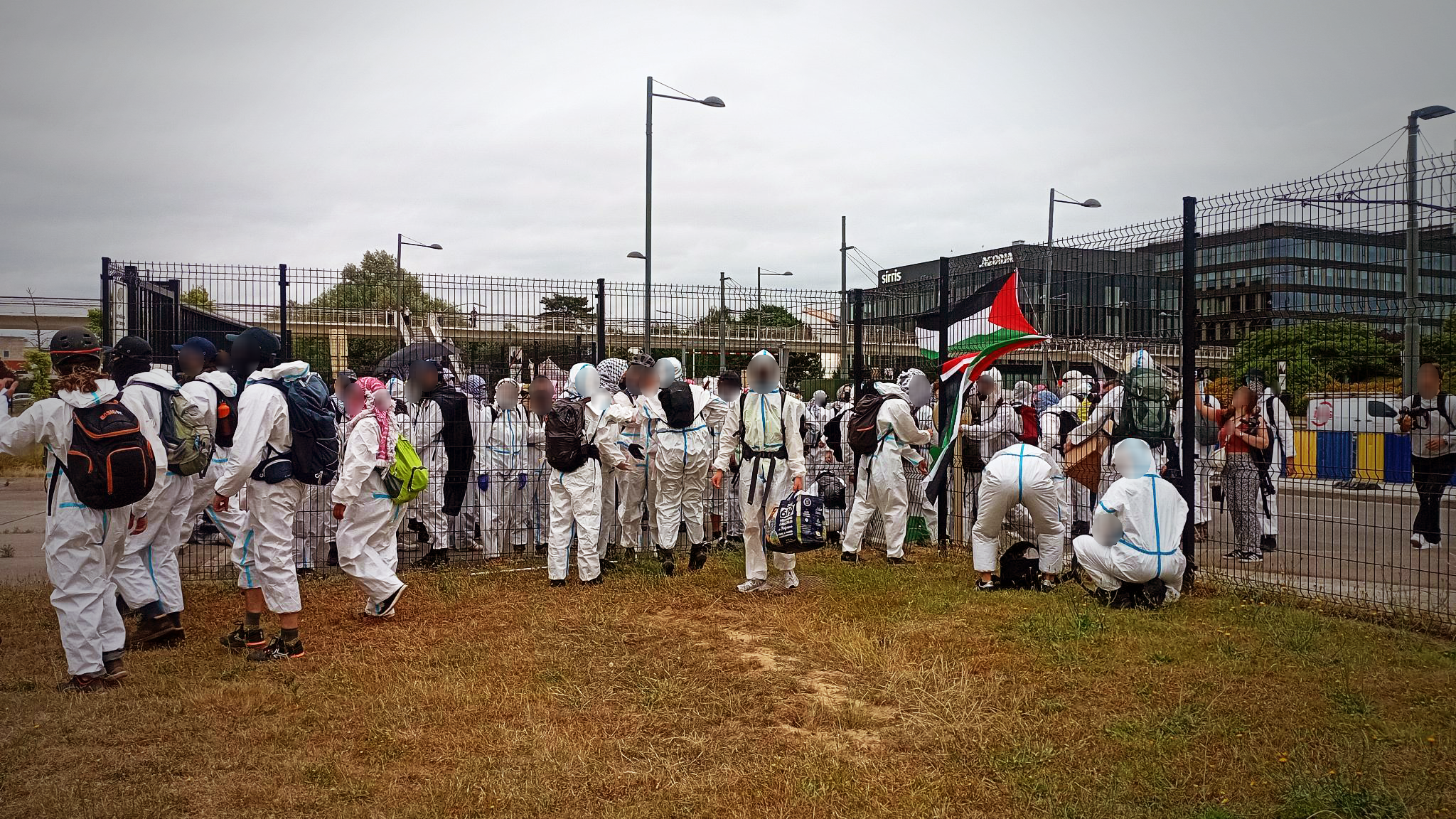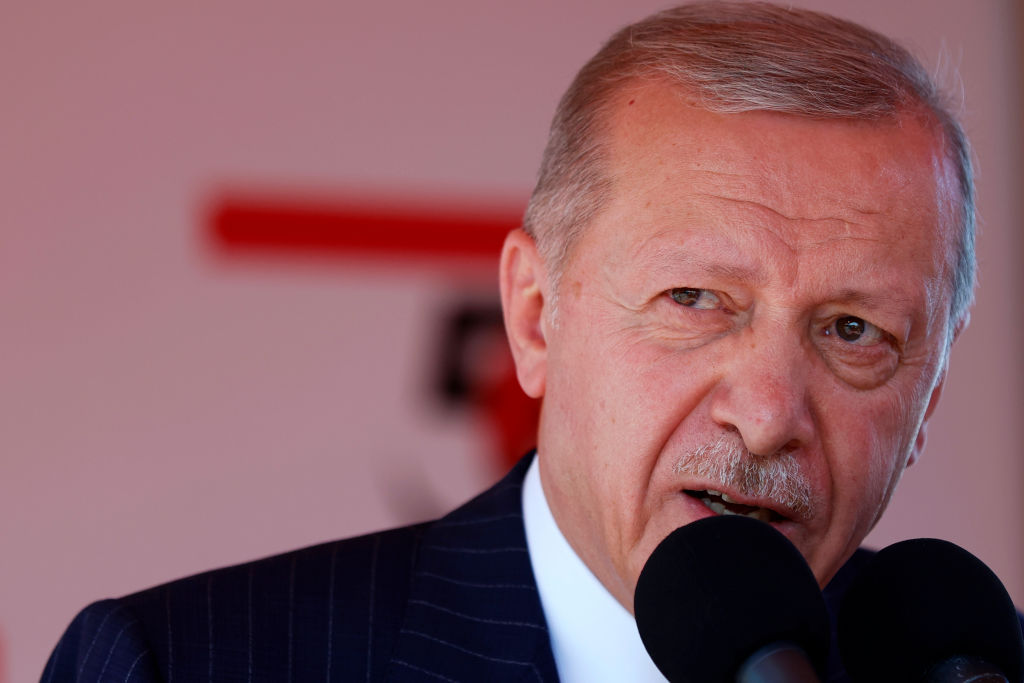Norway’s Prime Minister Jonas Gahr Støre has tasked his finance minister Jens Stoltenberg to investigate the country’s sovereign wealth fund’s stake in Israeli company Bet Shemesh Engines Holdings.
Norway’s huge sovereign wealth fund, the world’s biggest, has earned millions from the Israeli firm that repairs Israel’s fleet of F15 and F16 fighter jets, which some have regarded as profiting from the war in Gaza.
Since the conflict broke out in October 2023, stocks of Bet Shemesh Engines have rocketed, jumping from 9,637 Israeli new shekels (€2,407) on October 5 to 66,550 shekels (€16,625) on the Tel Aviv Stock Exchange today.
The company increased its revenue by 23 per cent and its profit by 78 per cent from 2023 to 2024.
In 2023, Norway had 1.28 per cent of the shares, worth 36.7 million krone (€3.1 million), and by the end of 2024 this had increased to 2.09 per cent of the shares, valued at 172.9 million krone (€14.6 million).
In 2025, there was a gain of 215 million krone (€18.14 million) alone, with the fund shares being worth 390 million krone (€32.91 million).
Israel has used fighter jets and Apache helicopters to attack Gaza and Bet Shemesh Engines has carried out maintenance and parts production for those military aircraft.
After a recent report in Norwegian newspaper Aftenposten, which concluded that Norway was profiting from the war in Gaza, Støre said he was “very uneasy”.
He said he had already asked Stoltenberg to contact Norges Bank to “find out the situation”. The PM said he wanted clear answers on how the Israeli company had been assessed.
Støre has called the situation in Gaza catastrophic and suggested that genocide was being committed.
He said he did not want to meddle politically in how Norway’s sovereign wealth fund made its investments but added that it should not invest in companies that violated international law.
Norway has repeatedly criticised Israel’s military response in Gaza as disproportionate, arguing it violated international humanitarian law.
“We have an ethics council and we have made clear decisions that we will not invest in companies that break the rule of law,” Støre said.
Both Støre and foreign minister Espen Barth Eide have highlighted the appalling humanitarian consequences of Israeli action, including high civilian casualties, especially children, destruction of infrastructure and lack of access to essentials such as water, food and medical care.
Specific actions, such as Israel’s blockade of Gaza and restrictions on humanitarian aid, have been deemed “unacceptable” by Norwegian officials.
Norway formally recognised the State of Palestine on May 28, 2024, a move framed as supporting a two-State solution and Palestinian self-determination. Oslo has increased financial aid to Palestine, with Eide announcing in July 2025 a commitment to long-term support to address the denial of basic services to Palestinians.
The Norwegian Government advised domestic companies against trade with Israeli settlements in the West Bank, citing their alleged illegality under international law, and supported investigations into potential international crimes in Gaza.
Historically, Norway played a neutral role as a mediator. Since the Labour Party’s rise to power in 2021 and particularly under Eide (since October 2023), the country’s stance has shifted toward stronger criticism of Israel.
The country’s sovereign wealth fund, called the Norwegian Oil Fund, officially known as the Government Pension Fund Global (GPFG), was established to manage Norway’s petroleum revenues for long-term financial stability and future generations.
In the past it has faced criticisms from human rights organisations, NGOs and unions for investments in Israeli companies.
Oil Fund chief Nicolai Tangen noted that Bet Shemesh Engines Holdings was not on “any exclusion list”.
He also stressed that the Oil Fund has long invested in Israel, not least because, he said: “Norwegian politicians have wanted us to invest in Israel.”
Svein Richard Brandtzæg, the former chief executive of one of Norway’s biggest companies, Norsk Hydro, has led the Oil Fund’s ethics council since 2023. He confirmed on August 5 that the committee had not excluded Bet Shemesh Engines Holdings from the Oil Fund’s investments.
Brandtzæg told TV2 that it had not viewed “sales of aircraft motors to Israel … as being in conflict with ethical guidelines”.
He admitted a little later that “we should have more thoroughly looked into” Bet Shemesh’s activities.
“I wish we had discovered this earlier,” he said.
Norway’s legislature voted in June against a proposal to divest from all companies operating in the “occupied Palestinian territories”.
The Norwegian sovereign wealth fund, worth around €1.7 trillion, holds shares in 8,700 companies worldwide. At the end of 2024, 65 of them were Israeli.
Slovenia said it will ban all weapons trade with Israel over the war in Gaza in what it said was a first by a European Union nation. https://t.co/1FtWFpbxjo
— Brussels Signal (@brusselssignal) August 1, 2025





